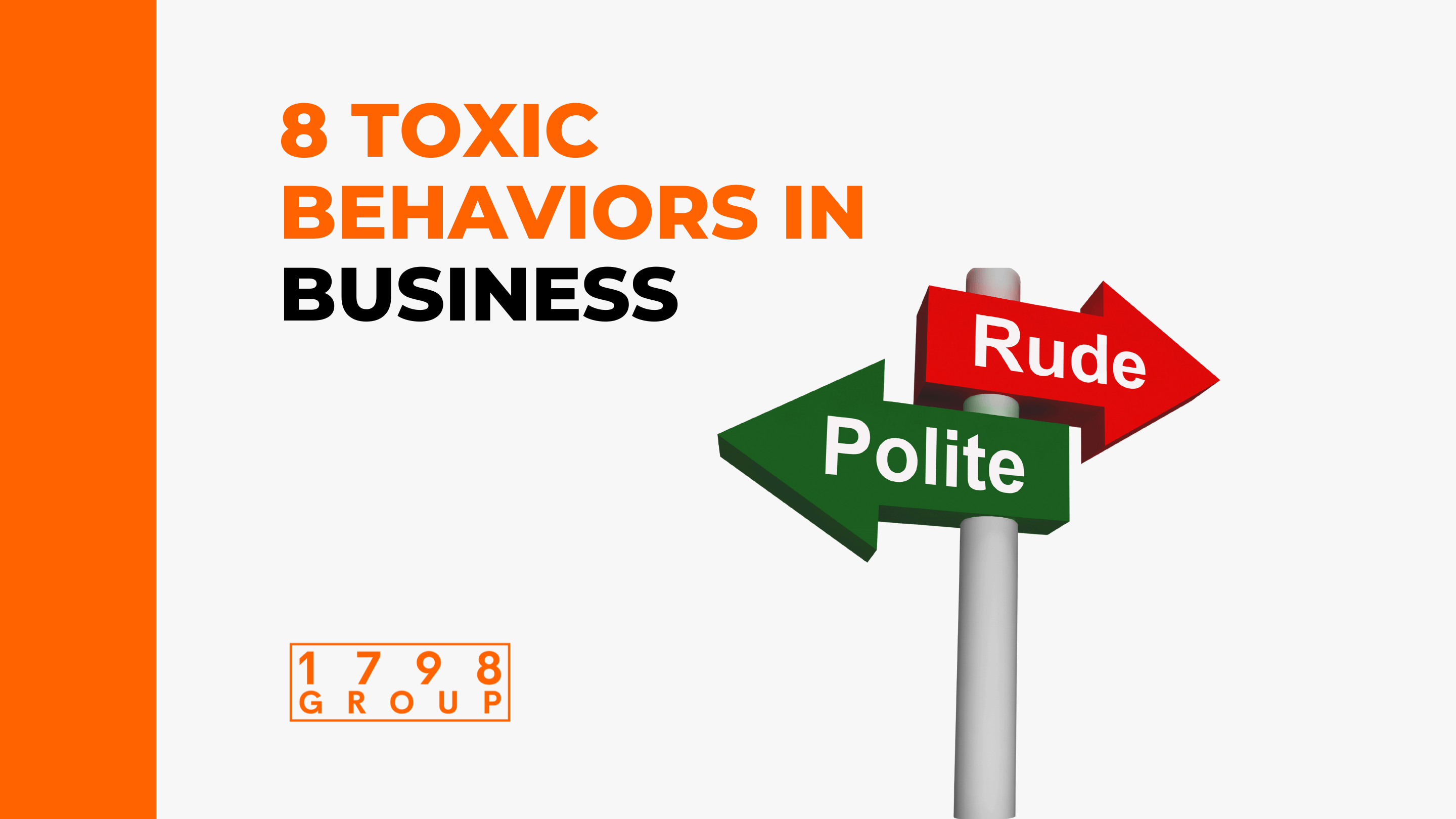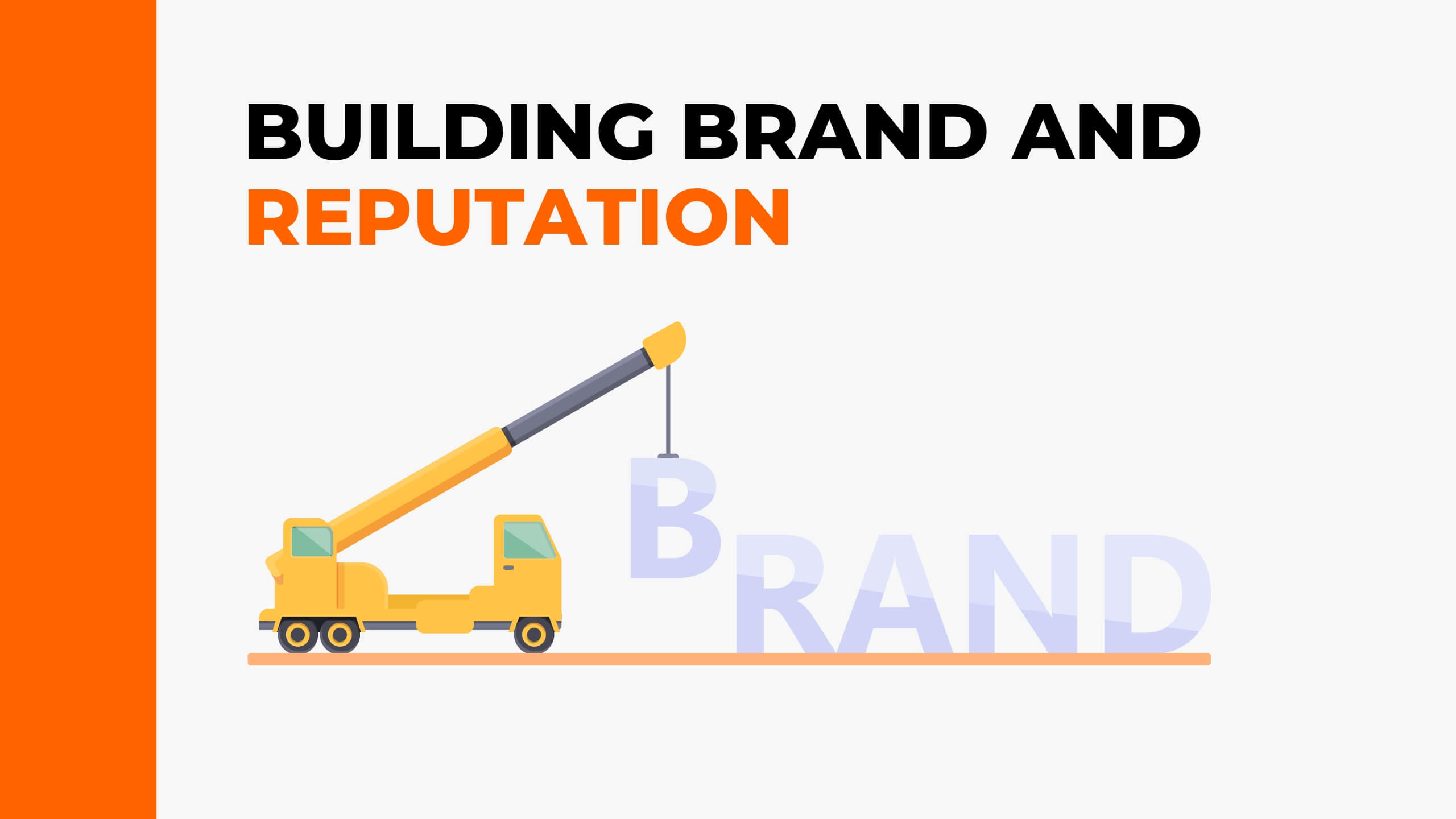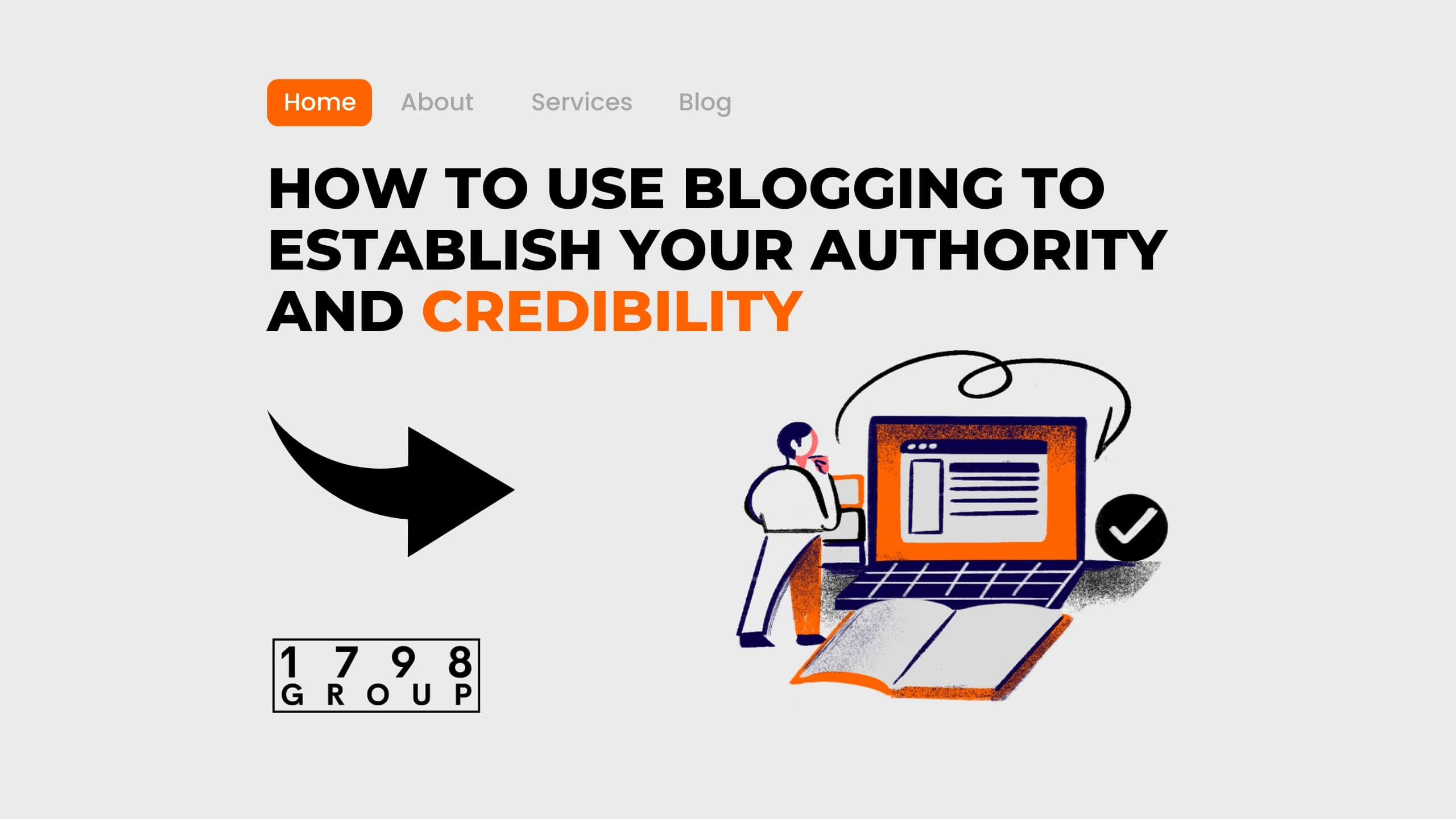
Toxic behaviors in the workplace can have a detrimental effect on both personal and professional relationships, and can even push people away from us. Here are eight toxic behaviors to look out for in a business setting and how to recognize and change them:
Gossip
Gossiping about colleagues or spreading rumors can create a toxic work environment and erode trust. This behavior can lead to decreased morale, decreased productivity, and even strained relationships between colleagues. To avoid gossip, focus on constructive communication and maintain a professional demeanor.
Negative Attitude
A negative attitude towards work and coworkers can impact morale and productivity. This can lead to a decrease in motivation and a decrease in the overall quality of work. To maintain a positive attitude, strive to see the good in every situation and focus on finding solutions to challenges.
Micromanagement
Constantly checking up on others or trying to control every aspect of their work can lead to resentment and decreased motivation. This behavior can make colleagues feel as if they are not trusted and can lead to decreased productivity and morale. To avoid micromanagement, delegate tasks and give others the space to complete them effectively.
Unprofessionalism
Engaging in unprofessional behavior, such as making inappropriate comments or being disrespectful to colleagues, can damage relationships and harm the reputation of the business. To maintain a professional demeanor, treat others with respect and avoid engaging in behavior that could be considered unprofessional.
Lack of Communication
Lack of Communication: Poor communication, such as not keeping others informed or failing to respond to messages, can lead to confusion and frustration. This can result in decreased productivity and strained relationships. To avoid poor communication, strive to be clear and timely in your communication.
Inadequate Leadership
Poor leadership, such as not setting clear goals or not providing adequate support, can lead to a lack of direction and motivation. This can result in decreased productivity and decreased morale. To provide adequate leadership, work to provide clear direction and support to your team.
Inequity
Treating colleagues unfairly, such as showing favoritism or not providing equal opportunities, can create animosity and push people away. This can lead to decreased morale and decreased productivity. To avoid inequity, strive to be fair and impartial in your treatment of others.
Resistance to Change
Refusing to adapt to changes in the business landscape can limit growth and push others away. This can result in decreased productivity and decreased competitiveness in the marketplace. To embrace change, be open to new ideas and ways of doing things, and work to continuously improve and adapt to changes in the business landscape.
Conclusion
In conclusion, by focusing on positivity, professionalism, effective communication, and fair treatment of others, you can build strong, productive relationships with your colleagues and create a positive work environment.



